Sugar regulation might not be the first thing on your mind when you reach for that sweet treat, but it should be. Understanding the ins and outs of how sugar is regulated can transform how you think about your health and nutrition. You might be shocked by what you discover. This isn’t just about calories or carbs; it’s about your body and your life. Let’s dive into five surprising facts about sugar regulation that could change everything for you.
Contents
What is Sugar Regulation?
Sugar regulation involves the laws, guidelines, and standards that govern how sugar is produced, marketed, and consumed. These regulations can have a profound impact on public health, influencing everything from food labeling to advertising practices. Understanding these rules is crucial because it affects what you buy, how you eat, and how you feel.
The significance of sugar regulation extends beyond your grocery list. It shapes the very landscape of the food industry, guiding how companies formulate their products. With rising health concerns linked to excessive sugar consumption, such as obesity and diabetes, the need for effective regulation has never been more pressing.
1. The FDA’s Role is More Complicated Than You Think
Did you know that the Food and Drug Administration (FDA) doesn’t regulate sugar directly? Instead, it oversees broader food safety standards and labeling practices. This means that while the FDA can mandate that sugar be listed on food labels, it doesn’t control how much sugar is deemed acceptable in your food.
- Why This Matters: The lack of strict limits allows companies to load up on sugar, often hiding it behind euphemisms like “fructose” or “corn syrup.” You might think you’re choosing a healthier option, but hidden sugars can sneak into your diet without you even realizing it.
For more insights on FDA regulations, check out FDA’s Food Labeling Guide.
2. Sugar is Treated Like a Commodity
You might be surprised to learn that sugar is treated as a commodity in the U.S., similar to corn or wheat. This means it’s subject to market fluctuations and government subsidies.
- The Surprising Impact: These subsidies can keep sugar prices low, encouraging its use in various processed foods. This economic dynamic not only affects your wallet but also influences what’s available in stores.
The U.S. Department of Agriculture (USDA) provides extensive information on the economic impact of sugar in their Sugar and Sweeteners Outlook.
3. The Sugar Industry Has a Powerful Lobby
The sugar industry has a powerful influence on legislation, often lobbying against regulations that could limit sugar consumption. This means that public health initiatives aimed at reducing sugar intake can face significant pushback.
- What This Means for You: When health organizations call for stricter sugar regulations, they often face resistance from powerful lobbyists. This can delay or even derail important public health initiatives that could help you make more informed choices.
Explore the influence of lobbying on health policy at OpenSecrets.org.
4. Labels Can Be Misleading
Ever noticed how some products proudly proclaim “No Added Sugar” or “All Natural”? These labels can be misleading. Just because a product doesn’t have added sugar doesn’t mean it’s low in sugar overall.
- Keep Your Eyes Open: Many foods, especially those marketed as healthy, can still contain high levels of naturally occurring sugars. Always check the nutrition facts label to see the total sugar content, not just what’s added.
For a deep dive into food labeling, the Center for Science in the Public Interest offers informative resources on how to read labels effectively.
5. International Sugar Regulations Vary Widely
The way sugar is regulated varies significantly from one country to another. Some countries have implemented sugar taxes, while others have strict advertising regulations aimed at children.
- Global Insights: For instance, countries like Mexico have seen success in reducing sugar consumption through a sugary drink tax. Meanwhile, the U.S. has been slower to adopt similar measures, despite growing evidence of their effectiveness.
For an overview of international sugar regulations, the World Health Organization (WHO) provides comprehensive guidelines and statistics on sugar consumption across the globe. Check out their resources at WHO – Sugars Intake for Adults and Children.
Bottom Line
Sugar regulation is a complex landscape that directly impacts your health and well-being. Understanding these five shocking facts can empower you to make better choices for yourself and your family.
- The FDA’s role is limited.
- Sugar is treated as a commodity.
- The sugar industry wields significant lobbying power.
- Labels can be deceiving.
- International regulations differ widely.
Take control of your health by being informed. The next time you reach for that sweet treat, think about what you’ve learned. You have the power to make choices that are better for your body and your life.
Call to Action
Feeling inspired? Start reading labels more carefully and consider how sugar fits into your diet. Share this article with friends and family to spread awareness about sugar regulation. Together, we can advocate for healthier choices in our communities.
FAQs
1. What can I do to reduce my sugar intake?
Start by reading labels carefully, choosing whole foods, and limiting processed foods. Also, consider swapping sugary beverages for water or herbal tea.
2. Are there any health risks associated with high sugar consumption?
Yes, excessive sugar intake is linked to obesity, type 2 diabetes, and cardiovascular diseases.
3. Why is sugar regulation important?
Effective sugar regulation can help reduce health risks associated with excessive sugar consumption and promote better public health outcomes.








